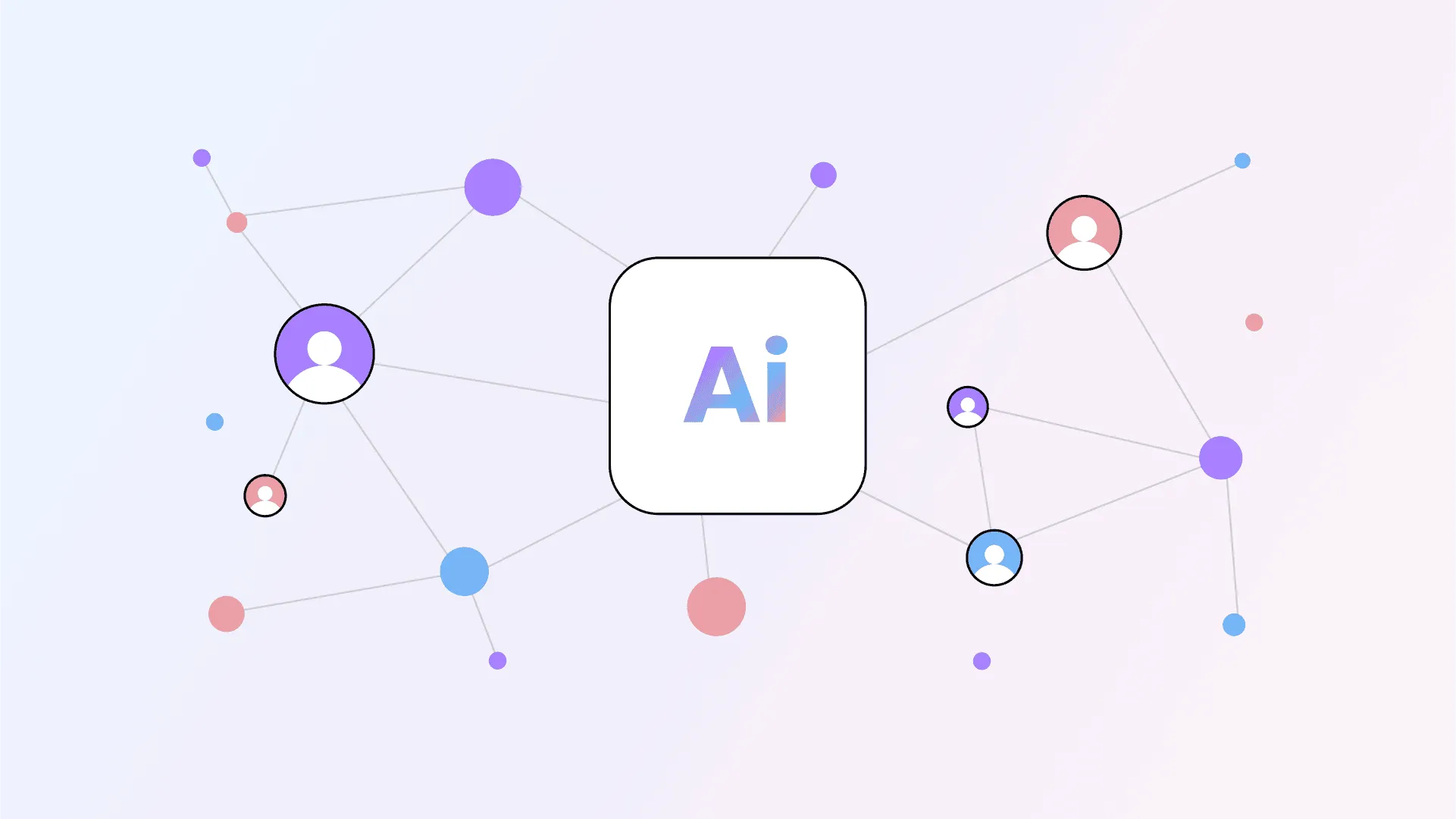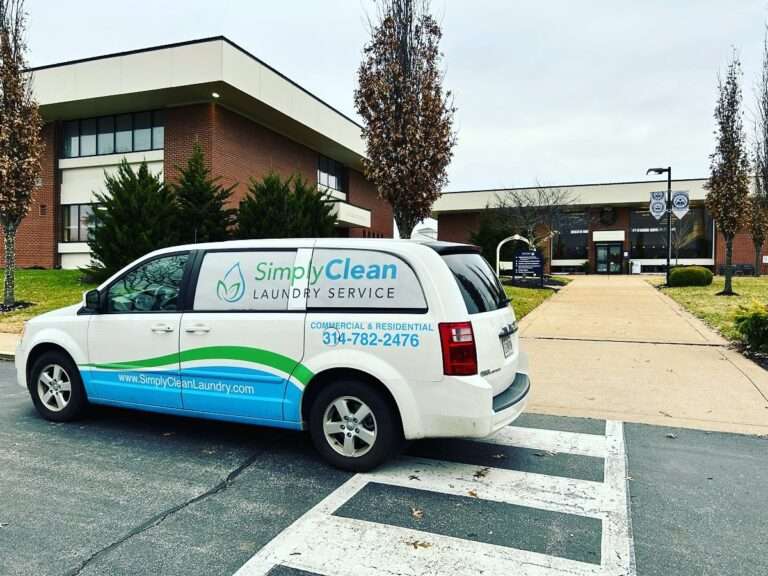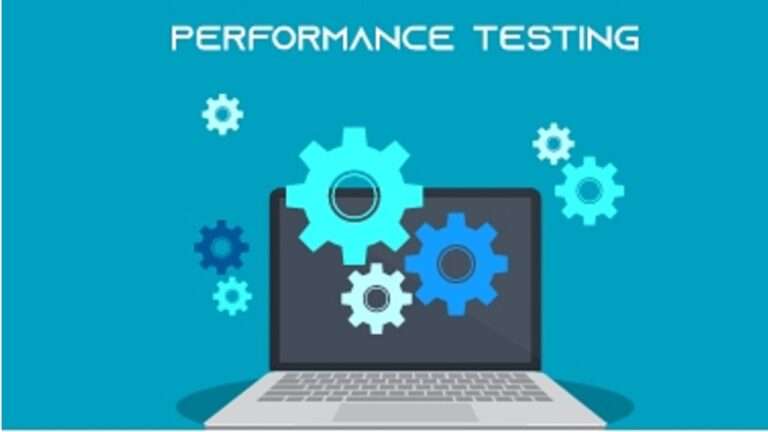Sales has always been the engine of business growth — but in today’s hyper-digital world, closing deals is no longer just about charisma and persistence. Customers expect personalized recommendations, instant responses, and seamless buying journeys across multiple platforms. Traditional sales methods alone are struggling to keep pace with these demands.
This is where AI-powered virtual sales assistants step in. By combining artificial intelligence, natural language processing (NLP), and predictive analytics, these intelligent systems empower businesses to engage prospects, nurture leads, and close deals faster than ever before. Unlike traditional tools, AI assistants operate continuously, providing real-time guidance that feels both personal and scalable.
In this article, we’ll explore why AI-driven sales assistants matter, how they function, practical use cases, and the best practices for integrating them into your business strategy. We’ll also examine how solutions like TeleWizard AI Sales Engine are enabling organizations to unlock exponential growth.
Why Virtual Sales Assistants Matter
Rising Buyer Expectations
Modern buyers don’t want to be “sold to” — they want to be guided. Reports show that over 75% of customers expect personalized product recommendations and quick, contextual interactions before making a purchase. AI assistants meet these expectations by analyzing behavior, predicting needs, and delivering the right message at the right time.
Scalability Without Extra Costs
Hiring, training, and managing large sales teams is expensive. AI sales assistants can manage thousands of prospects simultaneously — qualifying leads, answering product questions, and even scheduling demos — without increasing overhead costs.
Consistent Customer Engagement
Unlike human sales reps who may vary in tone and knowledge, AI-driven assistants deliver consistent, accurate, and professional responses. This consistency builds customer trust while ensuring no lead slips through the cracks.
Data-Driven Selling
AI sales tools don’t just interact with customers — they collect and analyze vast amounts of data. From tracking buyer intent signals to identifying high-value prospects, these insights help sales teams refine strategies and close deals more effectively.
Core Components of AI-Powered Sales Assistants
To understand how these assistants excel, it’s important to look at their core technologies:
- Natural Language Processing (NLP): Interprets customer queries in natural, conversational language.
- Predictive Analytics: Uses data to forecast buying behavior and suggest next steps.
- CRM Integration: Connects seamlessly with tools like Salesforce or HubSpot to update records and manage leads.
- Lead Qualification Logic: Scores leads based on engagement, interest, and purchase readiness.
- Automation Workflows: Handles repetitive tasks like sending follow-up emails, reminders, or offers.
- Human Escalation Paths: Transfers hot leads to live sales reps for high-value conversations.
Real-World Applications
E-Commerce
- Personalized product suggestions based on browsing and purchase history.
- Automated cart recovery through AI-driven messages.
- Cross-selling and upselling during checkout.
SaaS and Technology
- Automating product demos scheduling.
- Onboarding new trial users with interactive guidance.
- Explaining pricing tiers and features clearly.
Real Estate
- Qualifying leads by budget, location, and property preferences.
- Scheduling property tours automatically.
- Providing instant answers about financing and availability.
Finance and Insurance
- Guiding customers through loan or insurance applications.
- Suggesting investment products tailored to risk profiles.
- Answering FAQs about interest rates or policies.
Best Practices for Implementation
- Start With Lead Qualification: Automate repetitive lead-scoring tasks before expanding to complex sales workflows.
- Blend AI With Human Touch: Let AI warm up leads, then hand them over to sales reps for deeper conversations.
- Prioritize Conversational Design: Create natural, engaging dialogue flows that don’t feel robotic.
- Use Continuous Training: Regularly update AI with sales playbooks, product updates, and customer feedback.
- Measure Impact: Track metrics like conversion rates, average deal size, and sales cycle reduction.
Pitfalls to Avoid
- Over-Automation: Pushing AI into every interaction can feel impersonal.
- Ignoring Edge Cases: Buyers may ask unexpected or complex questions.
- Weak CRM Integration: Without syncing data, AI loses its effectiveness.
- Lack of Transparency: Customers should always know they’re interacting with an AI tool.
Success Stories
- E-commerce brand: Boosted revenue by 30% with AI-driven upsell recommendations.
- SaaS startup: Reduced sales cycle by 40% after automating lead qualification.
- Real estate firm: Increased qualified appointment bookings by 50% within six months.
How TeleWizard AI Sales Engine Helps
TeleWizard AI empowers businesses to supercharge their sales processes with:
- Adaptive learning that improves with every lead interaction.
- Plug-and-play CRM integrations.
- Automated workflows for follow-ups, reminders, and offers.
- Smart lead scoring to identify high-value opportunities.
- Real-time analytics to monitor performance and ROI.
With TeleWizard AI, sales teams can spend more time closing deals and less time chasing unqualified leads.
Looking Ahead: The Future of AI in Sales
By 2025 and beyond, AI sales assistants will evolve further with:
- Voice and video sales agents capable of handling live calls.
- Hyper-personalized pitches tailored to buyer sentiment and tone.
- Proactive engagement, reaching out to prospects before they ask questions.
- Augmented reality (AR) selling, where virtual agents showcase products in real environments.
Businesses that adopt these tools early will set themselves apart, creating seamless, customer-centric sales experiences.
Conclusion
AI-powered sales assistants are not just tools — they’re growth multipliers. By automating repetitive tasks, personalizing outreach, and providing 24/7 engagement, businesses can scale without sacrificing quality. The most successful strategies blend AI efficiency with human expertise, ensuring every prospect feels valued.
With platforms like TeleWizard AI, organizations can transform their sales approach, driving higher conversions, stronger customer relationships, and faster business growth in 2025 and beyond.















